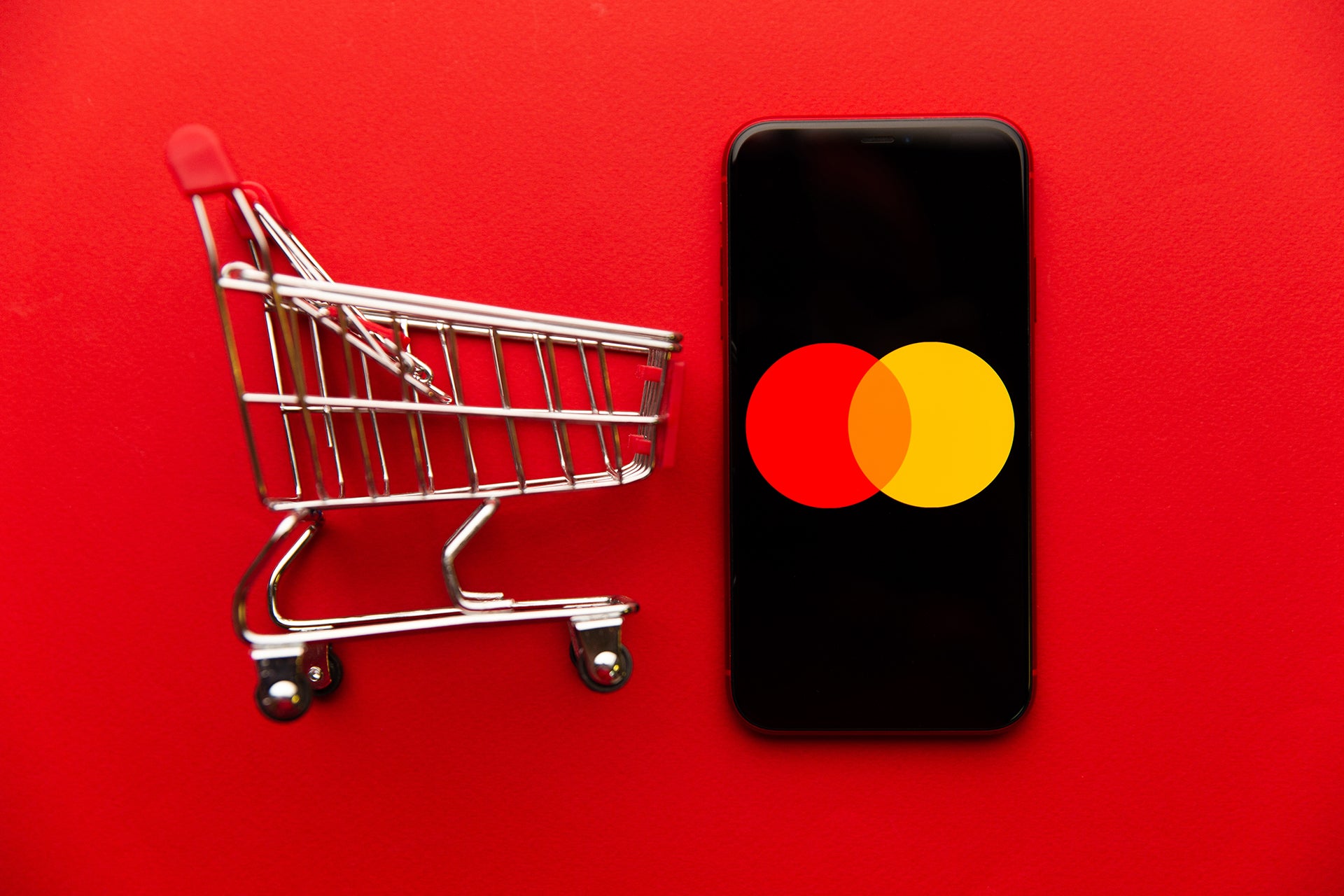
Payments goliath Mastercard has launched its highly anticipated buy-now-pay-later feature that gives fintechs the opportunity to include installments in their offering, threatening to leave established BNPL players looking at their expiration dates.
“Mastercard is definitely a serious threat for smaller BNPL companies,” Theodore Delimaris, research analyst at GlobalData, tells Verdict. “Due to its size and global network of issuers and merchants, it has a clear operational and cost competitive advantage.”
The initiative shouldn’t come as a surprise to anyone. Not only has Mastercard been flagging the move for months, but the expansion of its services comes as the BNPL sector itself is exploding.
The coronavirus is part of the reason for the big expansion. National lockdowns encouraged consumers to take their shopping online, resulting in a boom for BNPL companies like Klarna, Affirm and Afterpay even as many high street retailers went to the wall.
If you ask the experts, the sector is only set to grow. It is expected to be worth $166bn by 2023, according to GlobalData’s thematic research. If financial services firms fail to get into BNPL now, they’ll pay for it later.
So Mastercard’s entry into the BNPL does make sense, as do the recent arrivals of various other massive players.
How well do you really know your competitors?
Access the most comprehensive Company Profiles on the market, powered by GlobalData. Save hours of research. Gain competitive edge.

Thank you!
Your download email will arrive shortly
Not ready to buy yet? Download a free sample
We are confident about the unique quality of our Company Profiles. However, we want you to make the most beneficial decision for your business, so we offer a free sample that you can download by submitting the below form
By GlobalDataMastercard’s BNPL service explained
Mastercard will initially roll out the new service in three markets: the US, Australia and the UK. Mastercard Installments, as the BNPL service is called, will enable banks, lenders, fintechs and digital wallet companies to offer various BNPL benefits including zero-percent interest and the common pay-in-four-goes model.
“At the heart of it, payments come down to choice – and people want more from their money with greater flexibility and control in how they pay and where they shop,” said Craig Vosburg, chief product officer at Mastercard.
“Mastercard Installments has been built on our guiding principles to protect consumers and enable choice without sacrificing trust and security. It is a digital-focused way to pay today and tomorrow, delivered through consumer’s most trusted relationships with their banks and other lenders, at merchants of their choice.”
Regulators and market watchdogs have criticised credit companies in this sector for putting people’s financial wellbeing at risk by enabling customers to live beyond their means. Mastercard seemingly aims to reduce this danger by using open banking technology. Open banking is a common shorthand for customers consenting to share financial data across different companies.
By tapping into the data feed, Mastercard claims to be able to consider users’ past transaction history as part of the underwriting process before offering credit. It is unclear if Mastercard provides additional protection for users.
Mastercard and Klarna did not return requests to comment on this story.
Is Mastercard choking BNPL competition?
Matercard’s entry into the installments sector has raised the question of whether the payments giant could end up choking competition.
“It’s certainly a wakeup call,” Rolands Mesters, CEO of open banking company Nordigen, tells Verdict.
He adds: “Mastercard has something that no one else has – the brand and distribution power. What is not yet known is how soon Mastercard can build a frictionless checkout experience on par with what the smaller BNPLs have built.”
Mastercard had over 2.3 billion cards of different types in circulation in 2020, according to its own financials. Klarna, which is arguably the biggest pure BNPL player in the world, has 90 million active consumers.
“In operational terms, Mastercard is able to reach more consumers than any other BNPL company could ever reach,” argues Delimaris.
He adds that the company has other advantages over smaller players. For instance, it can use its considerable financial muscle to position itself as a reliable creditor as well as being able to “create cost synergies with its existing operations.”
“Most importantly, Mastercard, as one of the largest payment processors, has far greater bargaining power over merchants, and thus is able to negotiate higher commissions with them, making the BNPL more sustainable business,” Delimaris says.
Bigger companies muscling in
To make the situation potentially more fraught for fintechs like Klarna and Afterpay as well as newer players like Zilch and Scalapay, Mastercard is not the first big player to enter this space.
PayPal rolled out its BNPL services in 2020. American Express launched similar services in August 2021. More are on the way.
Tech giant Apple is rumoured to have plans to enter the sector, having already inked a deal to launch an installments offering in Canada together with Affirm in August.
The sector is also growing increasingly crowded with smaller startups who are not traditionally installments providers. Challenger banks like Revolut, Monzo, i2c and Lunar have either announced or already launched BNPL services of their own.
“[Tech] companies like Apple have an edge in technology which is crucial for these digital offerings, while they could also leverage their ecosystems, by integrating digital wallets and other software,” Delimaris says.
“Small BNPL companies that already seem to struggle to achieve profitability will not be able to compete with MasterCard or any other company which is deeply engaged in the field of financial services or has vast capital resources.
“Moreover, standalone BNPL companies are not able to compete directly with payment processor networks as they are reliant on their services.”
Where does that leave smaller startups?
Smaller BNPL startups seemingly have a tough time ahead of them, quite apart from the normal woes of scaling a new venture. With big players like Mastercard, American Express and PayPal coming into their market, the question is what that leaves them.
“[Bigger] tech companies will likely go after the big merchants,” Mesters says. “For smaller vendors this means that they will have to find a way to differentiate themselves and find a way to profitably work with the long tail.”
This could also include providing services to unbanked consumers and “those who do not have other alternative credit options, as any consumer having a debit/credit card will find it simpler to use MasterCard’s or any other payment processor’s BNPL service,” Delimaris says.
However, there is the possibility that the smaller startups will end up being acquired.
“[It] is plausible that standalone BNPL companies could end up being absorbed by big financial firms like Mastercard, big tech companies or even large online retailers,” Delimaris says.
Mesters concludes that Mastercard’s entry into the BNPL space “adds a layer of validity to the whole business model. It’s a sign that BNPL is here to stay and can co-exist along the traditional payment methods like credit cards.”




